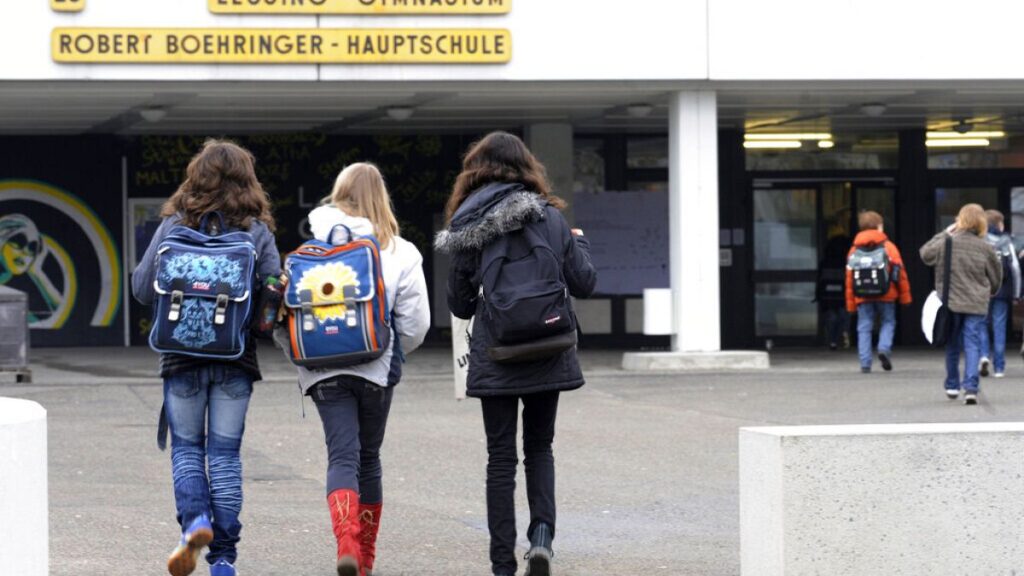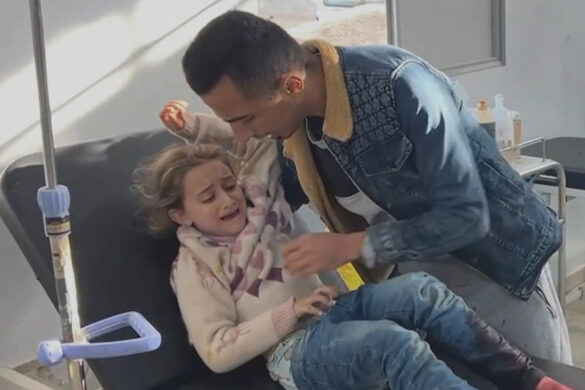Despite falling inflation, some German families are feeling financially strained and are worried about buying school supplies.
Lela Griessbach is a university professor in Berlin. She is also a mother who is dreading the return of her two children to school in a few days.
And she is not alone. Faced with galloping inflation that also affects school supplies, many German families feel in difficulty.
Pens, notebooks, sports shoes, parents are also worried about the quantity of items to buy, because the increase in prices risks exploding their budget.
“The first time I saw the list, I was shocked because there are so many things. On the one hand, it’s a very good structure and you know what your child needs. But it’s very expensive.”she explains.
According to the National Statistics Office, school supplies, such as pens and textbooks, increased by 5 to 13% in July 2023 compared to 2022. Parents who need financial support can benefit from a back-to-school allowance of 195 euros per child. An insufficient sum according to some associations, which point out, for example, that an ergonomic backpack for a child can cost up to 150 euros.
Furthermore, like other OECD countries, the German education system is said to be in decline and the level of students has collapsed. Germany even achieved historically poor results in the last Pisa study, which ranks countries worldwide according to the competence of students.
So, despite inflation, some parents do not hesitate to spend to enroll their children in private schools.
“In Germany, students can get free education even when they go to university. But more and more parents are choosing to pay to send their children to private schools. This could be due to increased immigration, according to one expert.”explains Kristina Jovanovski, a Euronews journalist in Berlin.
According to Marcel Helbig, professor at the Leibniz Institute for Educational Trajectories, “When you ask them what is best about private schools, they say it is their curriculum or their curriculum, for example. But in most cases, in private schools in Germany, the proportion of migrants, and the proportion of poor students is even lower and this is perhaps one of the elements that has an impact.”.
Inflation in Germany has reached its lowest level in more than three years, with the consumer price index falling below the 2% threshold in August.
Yet some parents like Lela still feel this financial pressure and are forced to cut back on their budget.
In February, the German government and the federal regions agreed on a package of twenty billion euros over ten years to help around 4,000 schools in difficulty.




